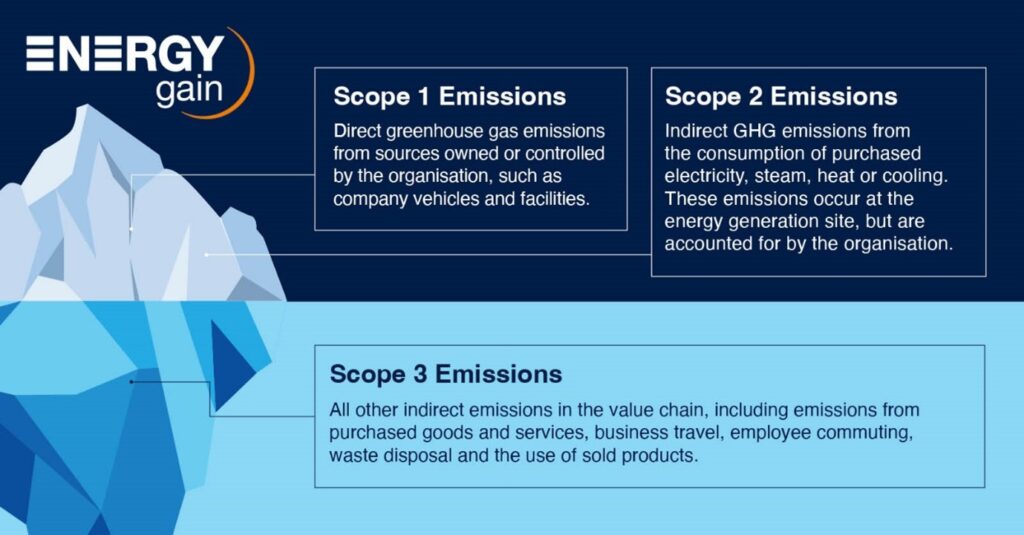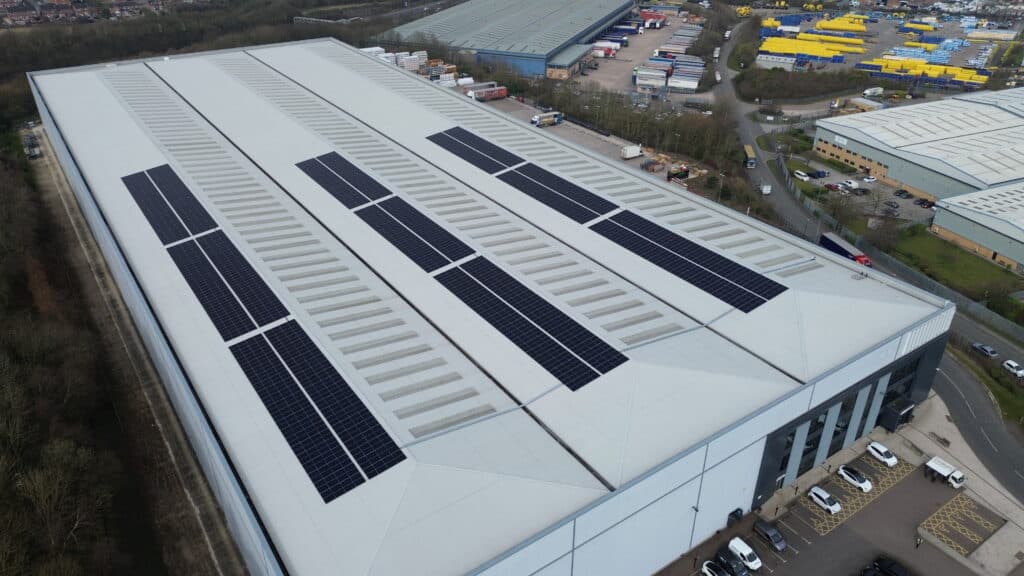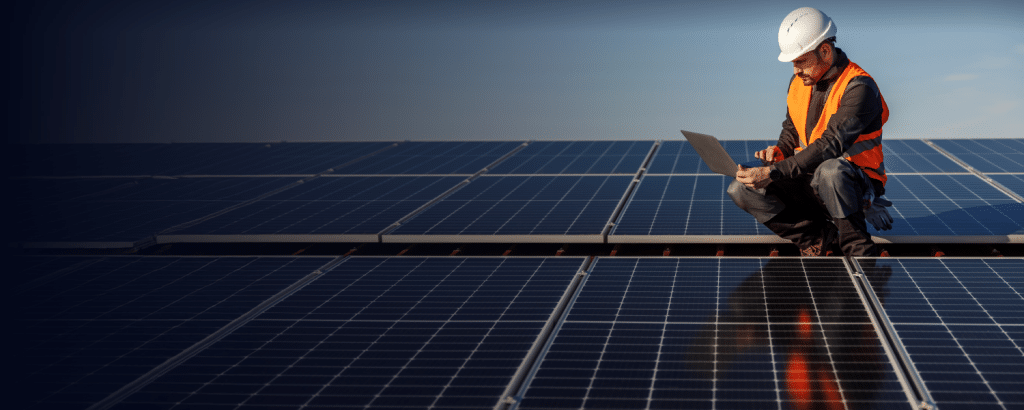The construction industry is vital to the global economy, but is also one of the largest contributors to greenhouse gas emissions. As such, the construction sector accounts for around 37% of global emissions, with 16% coming from embodied carbon in material manufacturing.
The need to decarbonise this sector has never been more urgent, and has become a global priority for governments, businesses and society at large.
On top of this, investors, customers and regulatory bodies are demanding environmental transparency. Environmental, Social, and Governance (ESG) criteria are now central to business practices, guiding companies to reduce their environmental impact and contribute to a more sustainable future.
To achieve meaningful carbon reduction, companies must address emissions across three categories:
Scope 1 emissions – Direct emissions from sources owned or controlled by the company, such as fuel combustion in construction machinery.
Scope 2 emissions – Indirect emissions from purchased energy, such as electricity used to power buildings and operations.
Scope 3 emissions – All other indirect emissions in a company’s supply chain, including material production, transportation, and waste management.

One of the biggest challenges in achieving net-zero goals is addressing Scope 3 emissions—those generated by a company’s supply chain. For construction companies, emissions from construction and demolition activities typically fall under upstream Scope 3 emissions. These emissions typically account for 65–90% of an organization’s total greenhouse gas (GHG) emissions. As a result, companies must work with suppliers across their entire supply chain to reduce their own emissions and improve Scope 3 ESG performance. Ignoring ESG efforts risks losing customers, contracts and potential tenders due to the current shift in ESG weighting.
As a result, adopting sustainable practices, like investing in solar energy, has become a key solution in reducing emissions. By transitioning to solar, businesses can significantly lower their carbon footprint, reduce reliance on fossil fuels, and demonstrate their commitment to corporate social responsibility (CSR) and ESG values. Solar is not only an effective way to reduce operational carbon but also an economically viable and resilient source of clean electricity, particularly as the UK targets net-zero emissions by 2050.
The Future of Construction: Eurocell’s Commitment to Sustainability
As an example of a company leading the way in construction decarbonisation, is Eurocell PLC; the leading UK manufacturer, distributor, and recycler of PVC-U windows, doors and building products. Eurocell has set an ambitious goal to achieve net-zero emissions by 2045. To help meet this target, Energy Gain UK are completing solar installations at two of Eurocell’s largest facilities in the East Midlands. The systems will provide both the carbon and financial savings to support the long-term growth strategy. By adopting solar power, Eurocell is not only reducing operational emissions but also strengthening its commitment to sustainable manufacturing.
‘A Eurocell Stakeholder, commented:
“From the initial consultations to the final installation, we took our time selecting the optimal contractor and specification. Thanks to Energy Gain and our ESG team, our solar panels are now fully operational and exceeding expectations. We are thrilled with the significant reduction in our energy costs and the positive environmental impact of our new system.’’
The integration of solar energy in the construction sector is becoming increasingly vital as companies work toward achieving sustainability goals. With industry leaders like Eurocell paving the way, renewable energy demonstrates a crucial role in transforming construction practices.

Why Solar Makes Business Sense
Energy prices are likely to remain on the increase for the foreseeable future. A report by PwC highlights that 92% of businesses anticipate that energy price volatility will lead to increased prices for their products and services over the next 12 months. Investing in solar protects businesses from volatile energy costs, with typical payback periods of around 3.5 years and an Internal Rate of Return (IRR) of 25%, making it a strong financial investment.
Solar energy also provides a clear path to reducing operational carbon emissions. By generating clean, renewable power on-site, businesses can lower their reliance on the grid, reduce their carbon footprint, and enhance energy efficiency.
As sustainability regulations become stricter, particularly with the UK’s Net Zero 2050 target, adopting renewables is a proactive step toward future-proofing businesses and maintaining compliance with evolving environmental standards.
Empowering Your Business with Solar: Cost Savings, Carbon reductions & Lead in sustainability.
If your business is considering the shift to solar, a knowledgeable provider like Energy Gain UK can offer the guidance and expertise necessary for a successful transition. Embracing renewable energy isn’t just about enhancing energy efficiency; it’s about positioning your business as a sustainability leader in a rapidly changing market.
PWC report: https://www.pwc.co.uk/industries/energy-utilities-and-resources/insights/energy-survey.html


